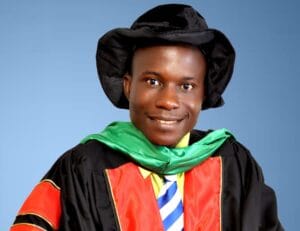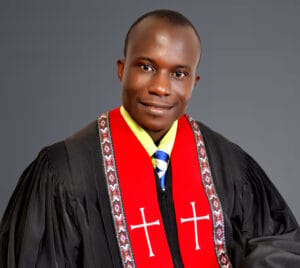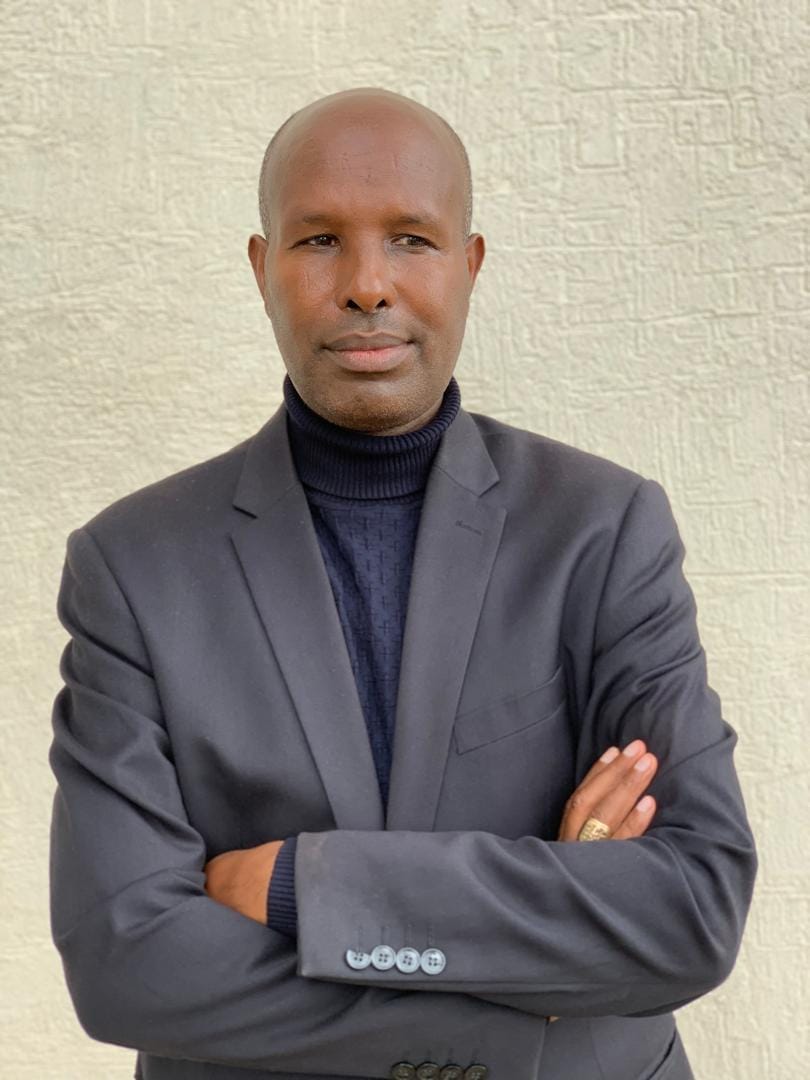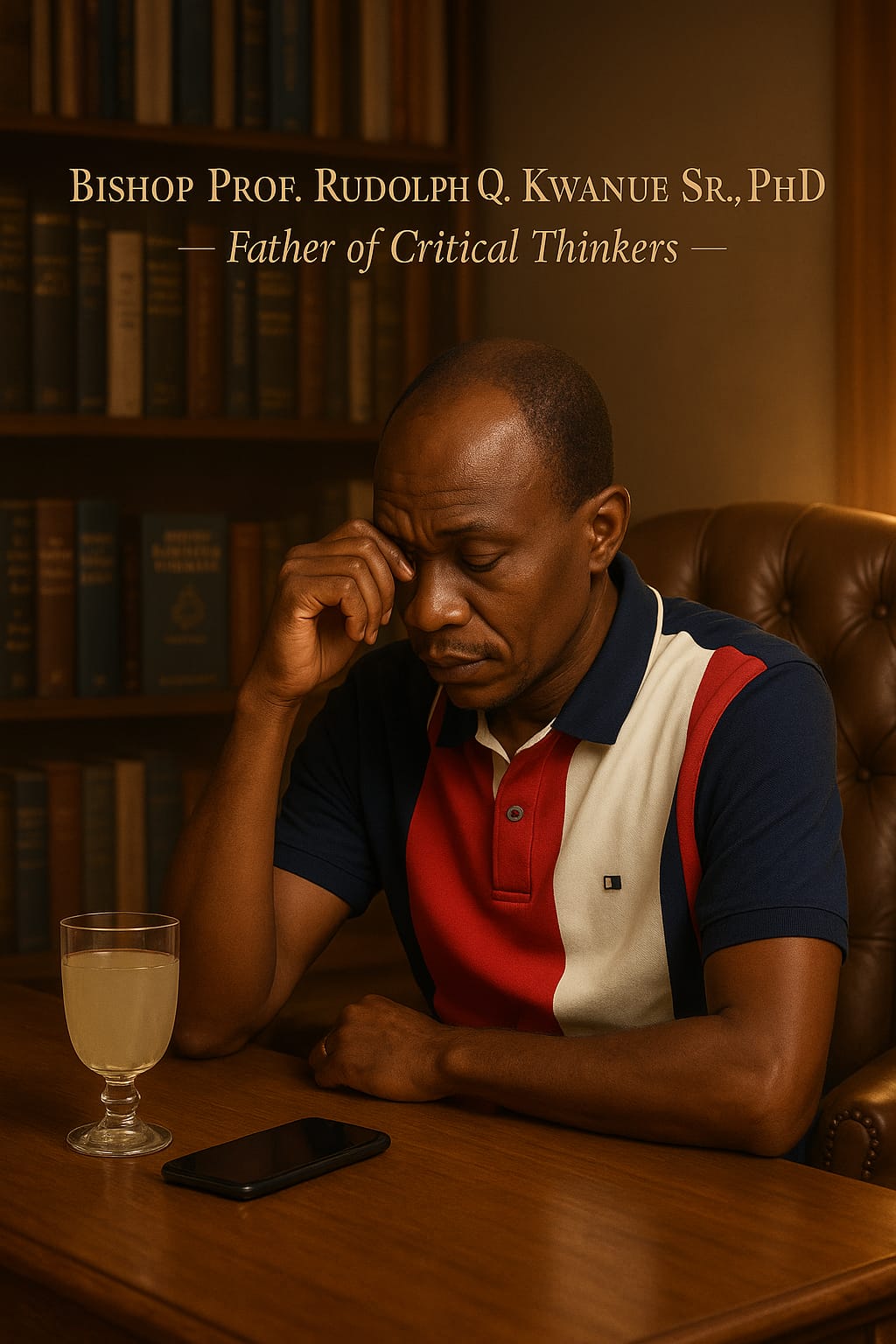As a father of Critical Thinkers, I have respect for Confucianism and the Bahá’í Faith are two peaceful belief systems that show great respect for all people and religions.
Please take your time to read through for just 3 minutes
By Bishop Prof. Rudolph Q. Kwanue Sr., PhD
Founder of Rudolph Theology, Father of Critical Thinkers, and CEO of Christ Believers Book (CBB)
Introduction
As the Father of Critical Thinkers, I have studied many religions. Though I believe in Jesus Christ, I must confess honestly:
Confucianism and the Bahá’í Faith are two peaceful belief systems that show great respect for all people and religions.
They do not argue, fight, or condemn others. In fact, they follow godly values like peace, love, and unity—even though they don’t focus on claiming God directly.
I believe these two groups truly reflect what God wants from humanity.
In our world today, religion still shapes how people think, live, and decide what is right or wrong. But since each religion claims to be the truth, we must ask a serious question:
Who is really telling the truth about God?
As the founder of Rudolph Theology and the Christ Believers Book (CBB), I believe we must understand the history and beliefs of each religion to wisely search for truth.
This article gives a simple and clear background of world religions—their beliefs, founders, beginnings, divisions, and where they are mostly found.
1. Hinduism (Over 4,000 years ago this is the oldest religion group in the World)
Beliefs: Many gods, karma, and reincarnation. Sacred texts include the Vedas and Bhagavad Gita.
Founder: No single founder
Location: India and Nepal
Breakaway Groups: Sikhism, Jainism, Buddhism
2. Judaism (Around 2000 BC – Before Christ was born)
Beliefs: One God who revealed Himself to Abraham and Moses.
The Torah is their main sacred text.
Founder: Abraham; Moses as lawgiver
Location: Mostly Israel and the United States
Divisions: Orthodox, Conservative, Reform, Messianic Judaism
3. Traditional African Religions (Ancient times—oral tradition)
Beliefs: Worship of ancestors, spirits, and nature gods. Traditions passed down by word of mouth.
Founder: None
Location: Nigeria, Ghana, Benin, Togo, and South Africa
Breakaway Groups: Often mixed with Christianity or Islam
4. Confucianism (Around 500 BC – Before Christ was born)
Beliefs: Teaches respect, morality, education, and strong family values. Not a religion but a way of life.
Founder: Confucius
Location: China, Korea, and Japan
Divisions: Neo-Confucianism
5. Taoism (Around 500 BC – Before Christ was born)
Beliefs: Living in harmony with nature and the Tao (the Way), with balance (yin and yang).
Founder: Laozi
Location: China and Taiwan
Divisions: Religious Taoism vs. Philosophical Taoism
6. Buddhism (Around 500 BC – Before Christ was born)
Beliefs: Finding peace through meditation, right living, and spiritual growth. Follows the Four Noble Truths and Eightfold Path.
Founder: Siddhartha Gautama (the Buddha)
Location: Thailand, Myanmar, China, Japan
Divisions: Theravāda, Mahāyāna, Vajrayāna
7. Christianity (Around 30–33 AD – Anno Domini, meaning “in the year of our Lord” or after Christ was born)
Beliefs: Jesus Christ is the Son of God and the Savior of the world. The Bible is the holy book.
Founder: Jesus Christ
Location: United States, Brazil, Nigeria, Europe, and the Philippines
Divisions: Catholic, Protestant (Baptist, Pentecostal, Anglican, Methodist), Orthodox, Jehovah’s Witnesses, Mormonism
8. Islam (610 AD – Anno Domini, meaning “in the year of our Lord” or after Christ was born)
Beliefs: Belief in one God (Allah) and that Muhammad is His last prophet. The Qur’an is the holy book.
Founder: Prophet Muhammad
Location: Saudi Arabia, Pakistan, Indonesia, and Egypt
Divisions: Sunni (majority), Shia (minority), Sufi, Ahmadiyya
9. Sikhism (1469 AD – Anno Domini)
Beliefs: One God, equality of all people, and service to humanity. Teaches through the Ten Gurus.
Founder: Guru Nanak
Location: India (Punjab) and the United Kingdom
Divisions: Nirankaris, Namdharis
10. Bahá’í Faith (1863 AD – Anno Domini)
Beliefs: Believes all religions are united under one God. Promotes world peace and equality.
Founder: Bahá’u’lláh
Location: Worldwide, especially in India, Iran, and the U.S.
Divisions: Orthodox Bahá’ís
11. Atheism / Secular Humanism (Modern times – various dates depending on worldview)
Beliefs: No belief in God or gods. Focuses on science, logic, and human values.
Founder: No specific founder
Location: China, Scandinavia, France, and Japan
Divisions: None (individual beliefs may vary)
Final analysis from the father of Critical Thinkers; Bishop Prof. Rudolph
Every religion believes it has the truth. But the Bible says in John 14:6, “I am the Way, the Truth, and the Life. No one comes to the Father except through Me.”
That means it’s not enough to follow any religion.
We must follow the truth—and that truth is found only in Jesus Christ, not in man-made traditions.
Still, we must appreciate peaceful and respectful groups like Confucianism and the Bahá’í Faith, who live by principles close to God’s heart—love, unity, and peace.
Let us all, religious leaders and followers, search for truth with open eyes.
Let us test all beliefs with Scripture, critical thinking, and guidance from the Holy Spirit.
Truth is not many—truth is one.
Bishop Prof. Rudolph Q. Kwanue, Sr. PhD Founder of Rudolph theology and father of Critical Thinkers


























